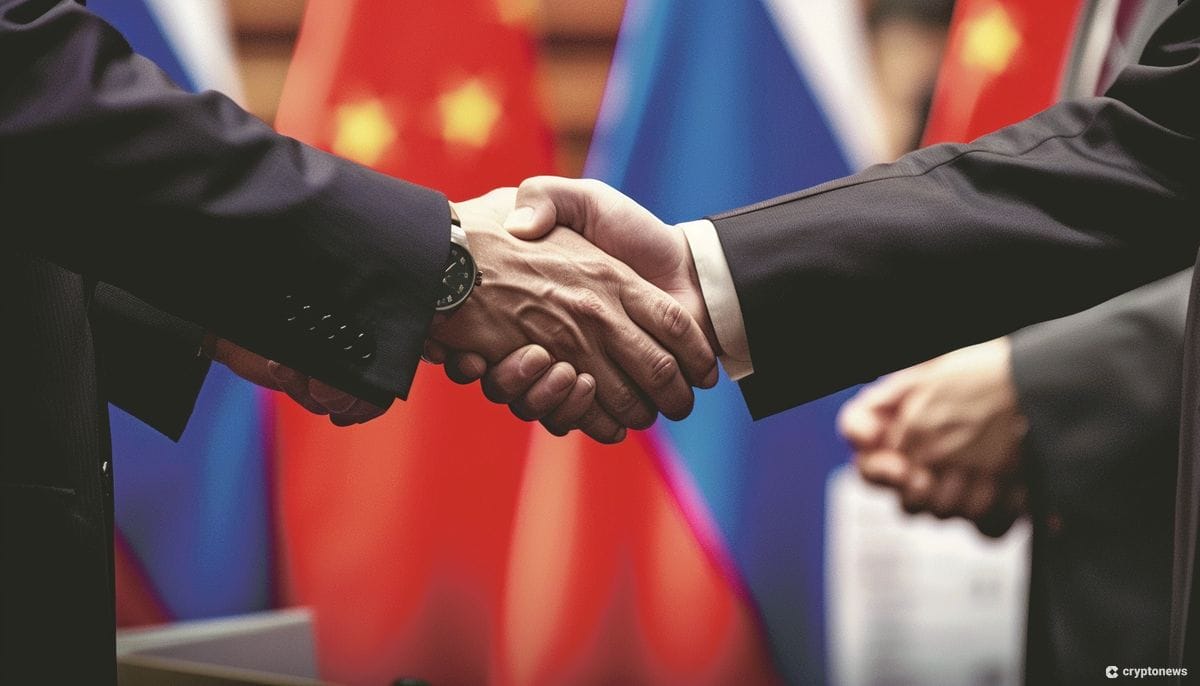Russian commodities firms are facing challenges in executing financial transactions with Chinese counterparts due to international restrictions and tightening compliance measures. To navigate these obstacles, these firms have turned to stablecoins, including Tether’s stablecoin, to facilitate cross-border transactions with their Chinese clients and suppliers. The use of stablecoins allows for faster transactions and lower costs compared to traditional methods, making them an attractive choice for Russian firms facing difficulties in receiving payments and purchasing equipment and raw materials.
The adoption of blockchain technology and stablecoins by Russian firms reflects the lasting impact of international restrictions imposed in response to the conflict in Ukraine. Even in China, which has not imposed sanctions and has become a key export market for Russian commodities, financial transactions have become more challenging due to the threat of secondary sanctions from the US Treasury Department. By utilizing stablecoins, Russian firms can avoid the risks associated with slower transactions or the freezing of overseas bank accounts, providing a more efficient and secure payment method in cross-border transactions.
Countries under sanctions, such as Venezuela, have also turned to Tether for conducting transactions, often at significant discounts, with intermediaries based in Dubai facilitating these deals. The growing role of cryptocurrencies in settlements signifies a shift in the Russian central bank’s approach, as they have considered experimenting with cryptocurrency payments in international transactions. The central bank aims to establish a legal framework for the use of stablecoins in international transactions, while reminding lenders that cryptocurrency payments are only acceptable for cross-border transfers and should not be advertised.
The use of stablecoins in international transactions has also been observed in other countries, prompting an increase in cryptocurrency activity among Russians and the expansion of crypto-linked banking services in the country. Tether, a popular stablecoin, has been refuting claims of involvement in cyber fraud and money laundering activities in Southeast Asia, emphasizing its collaboration with law enforcement and the traceability of its token. In response to a United Nations report highlighting Tether’s popularity in illicit activities, the stablecoin has emphasized its monitoring capabilities and collaboration with global law enforcement agencies to ensure compliance and security in cryptocurrency transactions.
In conclusion, the use of stablecoins by Russian commodities firms and other countries under sanctions reflects a growing trend in using cryptocurrencies for international transactions. The efficiency, cost-effectiveness, and security of stablecoins make them a preferred choice for firms navigating international restrictions and compliance measures. With the potential establishment of a legal framework for the use of stablecoins in international transactions and continued collaboration with law enforcement agencies, the adoption of stablecoins in cross-border settlements is likely to increase in the future as a reliable and secure payment method.










